Recently, local police have cracked down on many cases of "online kidnapping". Victims are manipulated by bad guys via phone and internet without meeting them in person, leading to self-isolation and blackmail. This new form of crime is becoming more and more sophisticated and dangerous.
 |
| Instead of making victims feel guilty, the media needs to help them see that sharing their stories is the way they protect themselves and the community. (Illustration photo) |
Why do young people easily fall into "virtual" traps?
Notably, the bad guys are targeting young people, mainly students.
Although they are proficient in using technology, due to lack of social interaction, little life experience, lack of critical thinking skills, risk identification, curiosity, love of exploration , and limited knowledge of the law, they easily fall into a state of confusion and loss of composure when receiving threatening phone calls.
In addition to the above reasons, from a psychological perspective, students in urban areas, especially those from other provinces coming to study in big cities, often face many pressures at the same time: studying, exams, living expenses, part-time jobs, love affairs, etc.
This means that when pressure builds up, you are often in a weak psychological state. Just an unexpected situation (like a relative in trouble, you are being investigated for accidentally participating in an illegal act...), your natural reaction will be panic, and you will easily follow the instructions of scammers.
Criminals understand this psychological mechanism of young people, so they always create emergency scenarios to directly attack the anxiety and emotional psychology of the victims.
Faced with the complicated developments of "online kidnapping" cases, the media has continuously published warning articles. Not only stopping at reporting on individual cases, the media has also explained the fraud mechanism of bad actors so that the public, students, and parents can understand clearly.
From there, equip yourself with skills to identify technological traps, information verification skills, safe communication channels with family, and how to immediately report to the police when there are signs of suspicion.
Responsible Media
In that series of security warnings, some opinions appeared on social networks saying that students being "kidnapped online" is unacceptable.
These opinions state that "students being 'kidnapped online' are very blameworthy, very shameful, not worthy of being young people", "creating a burden for parents, wasting the time of authorities", "the weakness of these students creates a fertile environment for criminals to thrive".
It can be seen that, with a somewhat extreme writing style and a somewhat harsh perspective, instead of explaining the causes of the problem, proposing solutions to those causes, and requesting strict handling of bad subjects, this stream of viewpoints has directed public opinion to criticize the victims.
This way of communicating is not good, it can be counterproductive. Blaming or assigning fault to the victim is not appropriate.
Students who are "kidnapped online" are not being kidnapped because they are unintelligent or irresponsible, but because criminals know how to exploit people's psychological weaknesses and use extremely sophisticated technological tricks that are constantly improving over time.
In fact, there is no shortage of fraud cases in which the victims are adults, businessmen, scholars, people with more life experience than young people.
On the other hand, if we label the victim as "blameworthy, shameful", we unintentionally turn the victim into a criminal, making them more hesitant to share, even hide information for fear of being ridiculed, condemned. That further creates conditions for criminals to continue to operate.
Above all, the media needs to say no to the culture of blame and should not promote content that insults victims.
The media must carry the mission of warning, accompanying, and acting as a bridge to encourage young people to share experiences and warn each other; help them raise their vigilance, and at the same time suggest that parents regularly contact and talk when their children are studying far from home.
Instead of making victims feel guilty, the media needs to help them see that sharing their stories is the way they protect themselves, protect the community, and that they always have their family, school, and society by their side. This is the right spirit of responsible journalism and media education in the digital society.
Source: https://baoquocte.vn/dung-truyen-thong-kieu-do-loi-hay-canh-bao-va-dong-hanh-330324.html







![[Photo] Cat Ba - Green island paradise](/_next/image?url=https%3A%2F%2Fvphoto.vietnam.vn%2Fthumb%2F1200x675%2Fvietnam%2Fresource%2FIMAGE%2F2025%2F12%2F04%2F1764821844074_ndo_br_1-dcbthienduongxanh638-jpg.webp&w=3840&q=75)
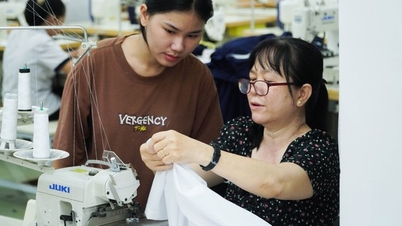



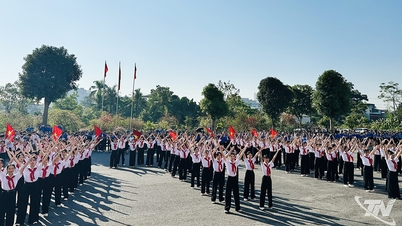






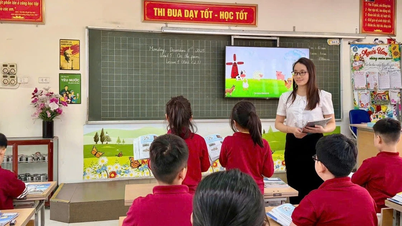








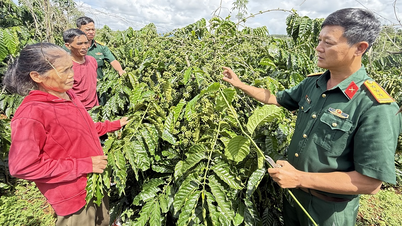






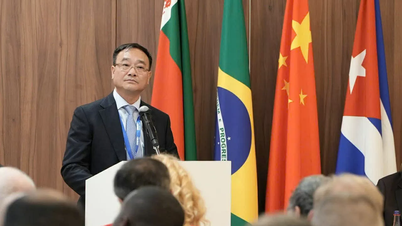
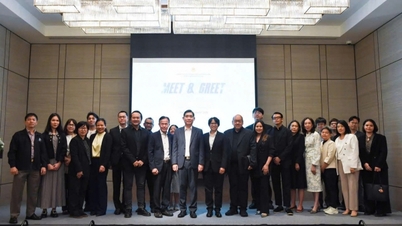





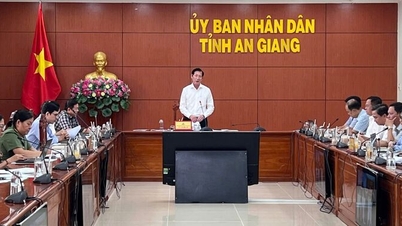



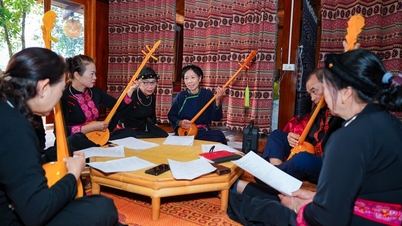



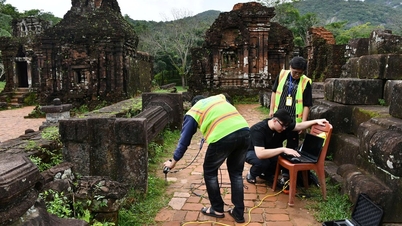






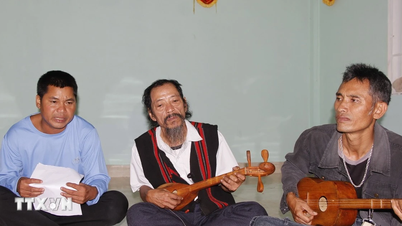








![[VIMC 40 days of lightning speed] Da Nang Port: Unity - Lightning speed - Breakthrough to the finish line](https://vphoto.vietnam.vn/thumb/402x226/vietnam/resource/IMAGE/2025/12/04/1764833540882_cdn_4-12-25.jpeg)









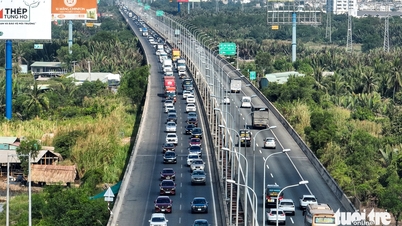




















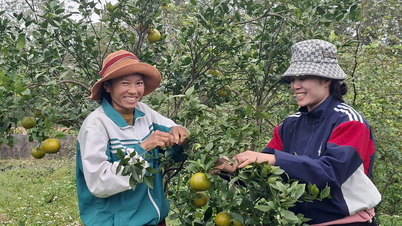
















Comment (0)